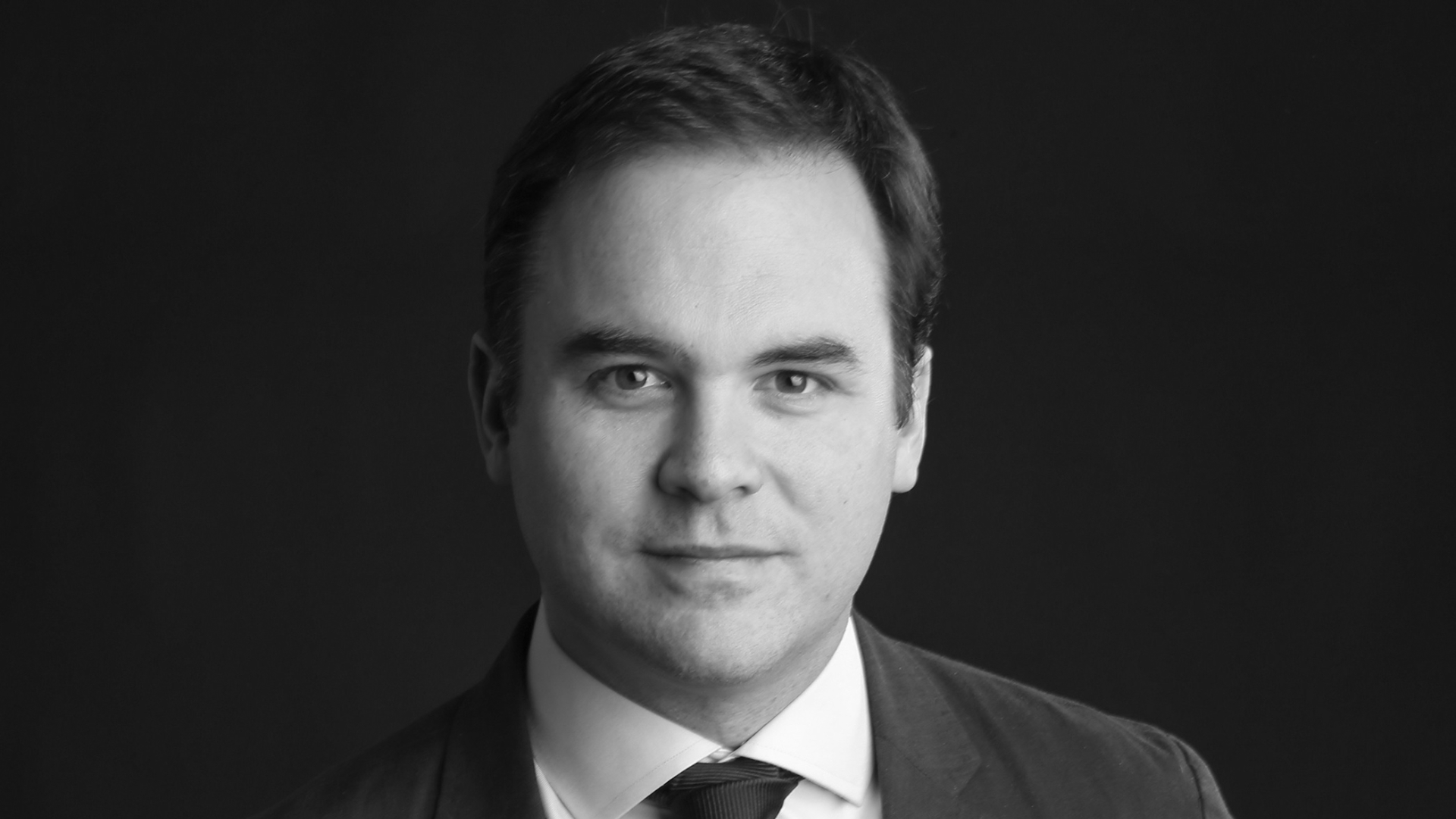In too many organizations, people are not an asset to be developed to gain value over time. They are a cost to be minimized. That is the tragic legacy of Jack Welch, once the most powerful CEO in the world when he captained GE from 1981 to 2001.
This is the key thesis of the new bestselling book, The Man Who Broke Capitalism: How Jack Welch Gutted the Heartland and Crushed the Soul of Corporate America – and How to Undo His Legacy, by David Gelles. A veteran New York Times reporter, Gelles recently spoke during a Peppercomm fireside chat about his book, the mistakes Welch and his coterie made, and what role marketing and communications leaders can play in righting the ship of capitalism.
According to Gelles, today we continue to witness the disastrous effects of Welch’s draconian leadership style. Layoffs are mounting across the U.S. as corporations shed costs to prepare for the impact of a recession. And when CEOs make cuts, they are praised for “financial discipline” and their company’s share price increases. “[Welch] found the notion that a company should be loyal to employees to be laughable,” Gelles wrote in his book, “and he undertook a crusade to disabuse workers of the belief that GE owed them anything more than yesterday’s wages.”
Prior to Welch, post-World War 2 American “corporations, workers and the government enjoyed a relatively harmonious equilibrium,” Gelles wrote. But Welch’s leadership put shareholder primacy above all else. Like Frankenstein’s monster, Welch brought to life economist Milton Friedman’s Doctrine that shareholders are the lifeblood of an organization and the primary group to which a company firm should be responsible.
“The prevailing power dynamic of our economic age, Welchism has at its heart that companies must prioritize profits for shareholders above all else,” Gelles wrote, “that executives are entitled to enormous wealth and minimal accountability, and that everyday employees deserve nothing more than their last paycheck.”
For our society, that was the fundamental mistake Welch made at GE – and hopefully we won’t continue to make, Gelles explained. Welch not only turned GE on its head and changed the way the company made most of its money, but he also turned the relationship between the American people and corporations on its head.
Welch lost sight of his people. He launched an assault on labor and introduced stack ranking, cutting 10% of staff on a regular basis. He reduced the influence of organized labor in the U.S. by decreasing the number of union members working at GE. He was the progenitor of outsourcing and offshoring. He turned his back on the value of the American worker. He shifted the corporate mindset in post-World War 2 America – and many other CEOs copied his playbook, according to Gelles.
Welch may have been the epitome of the celebrity CEO, but he’s certainly not the last. Today people hang on every word and social post from the likes of Elon Musk and Jeff Bezos – to the detriment of a democratic society. Gelles, who calls himself an avowed capitalist, wrote: “Today we put our chief executives up on pedestals, granting them wide latitude to influence our national discourse…we even elected a failed businessman who played a successful one on television as president of the United States. Yet even when the results are disastrous, even when our heroes turn out to be crooks, we want more.”
Perhaps the most painful example of executives putting profits before people in Gelles’ book is the horrific tale of the Boeing 737 Max. Born under the tenure of CEO Jim McNerney, a former Welch colleague, and several other ex-GE execs, Gelles wrote that the “pressure to produce the Max quickly and cheaply was intense.” Engineers noted the plane’s tendency to pitch up during extreme turns. In response, Boeing designed a software package to correct the issue. However, the software eventually malfunctioned, leading to the crash of two 737 Max planes in late 2018 and early 209 that took the lives of 346 people.
So how do we get off this treadmill of American capitalism being led by cynical executives chasing immediate rewards? See the accompanying sidebar for moves CMOs/CCOs can make today.
Advice for communicators
The fireside chat participants discussed several areas of focus in Gelles’ book for marketing and communications leaders to help make American corporations fairer, more equitable organizations that truly value people above short-term profit. Here are three key factors:
Put people first: There’s an old saying in journalism: The greatest stories start with two words – a first name and a last name. The same concept holds true for marketing and communications in that people should take precedence over products and profits. “For starters, companies should commit to taking exceptional care of their workers,” Gelles wrote.
For mar-comm leaders, direct action could mean constantly championing to ensure their teams feel valued and heard – especially workers at the bottom of the stack. In their role as storytellers and brand journalists, it’s important that they share the narrative of treating employees well.
Take a long-term view: As much as possible, mar-comm leaders should support their CEOs in work to secure the board’s backing on taking a long-term approach to profitability and success that doesn’t sacrifice people for short-term gains. Corporations that adopt this mindset will need to effectively explain this to the market as they experience shareholder turnover while short-term investors exit to be replaced by those with a long-range view.
The CMO/CCO must be a champion for enacting the best decisions for the long-range good of the organization and its people while de-emphasizing the need to hit quarterly numbers. Gelles wrote: “The relentless pressure created by quarterly earnings reports…warps executive behavior in the worst way. But time and again, we have seen that the corporations that crate the most wealth in the long run are those that develop the capacity to think beyond the next ninety days.”
Be a voice for all constituents: With, as Gelles points out, so many corporations continuing to follow the Welchian penchant for putting shareholders first, CMOs and CCOs can seize the opportunity to help the CEO and the board see the value the organization derives from other stakeholders, too: employees, customers, partners, vendors and society in general. By bringing insights from this diverse group of voices to the table, mar-comm leaders can become the irreplaceable conduit between executive leadership and multiple audience members.
This approach cannot only help differentiate the organization in the never-ending battle for positive mindshare, but it also can be great for business in general. In his book, Gelles quoted former Unilever boss Paul Polman summing it up: “If you want to maximize your shareholder return, it leads you atomically to a more responsible, ESG, multi-stakeholder-type business model. That’s what the numbers keep telling us, and that’s also where the fiduciary duty is starting to move to.”



